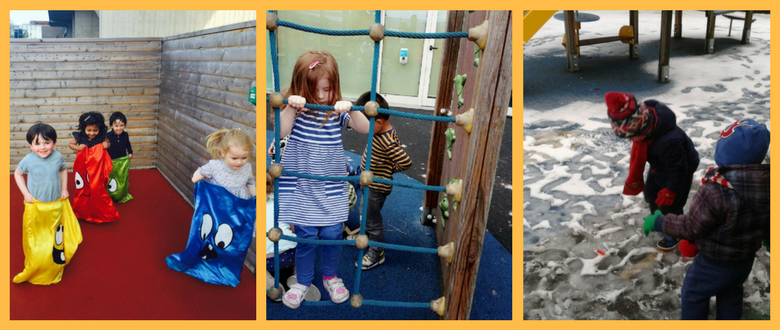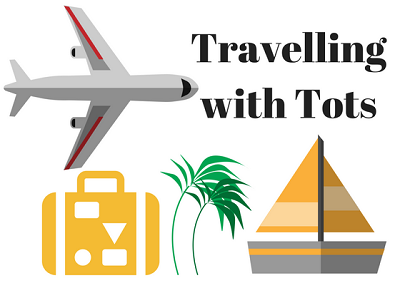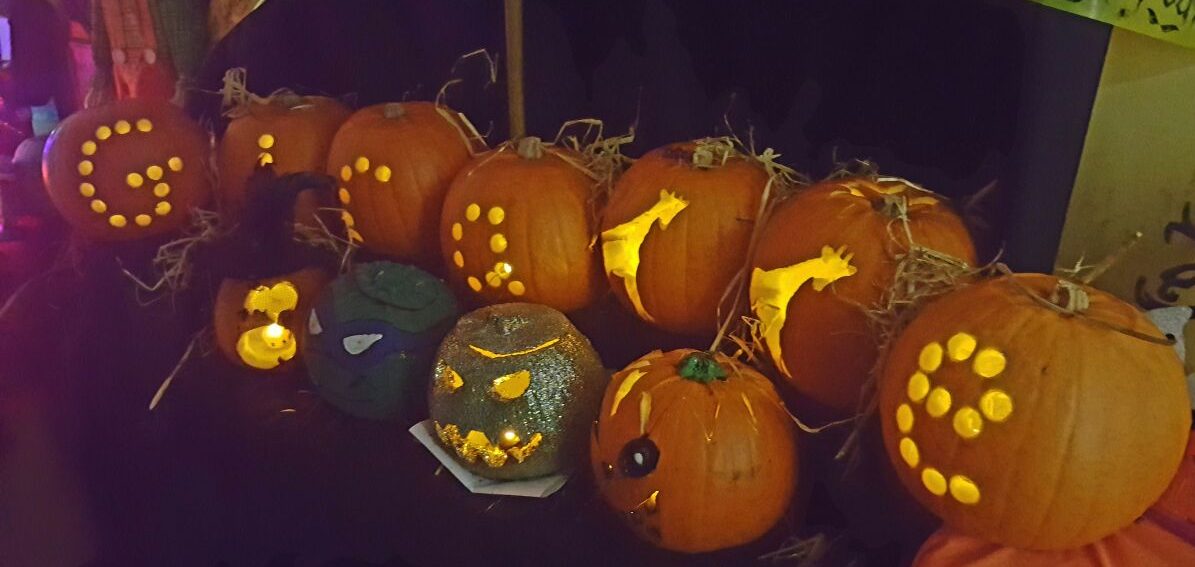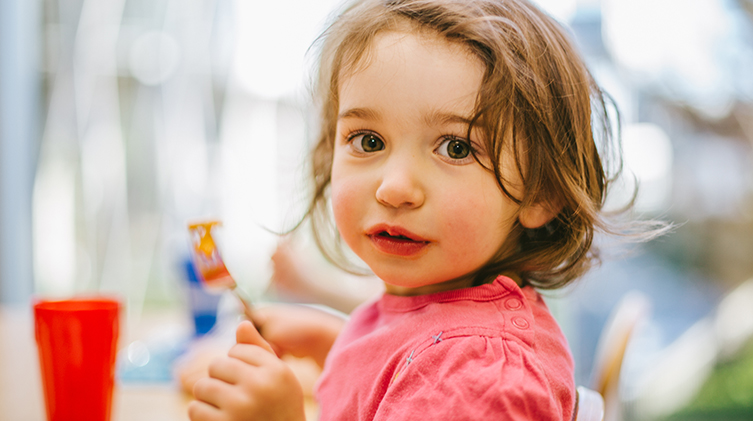Dealing with Biting

Understanding Biting.
Biting is a common behavior among toddlers and can be a real cause of worry for parents. The good news is that theres lots you can do to reduce and eliminate biting. Many toddlers bite their parents, siblings and other children. Usually the parent’s or other child’s reaction lets them know that biting hurts and after experimenting with a few bites, they’ll usually stop. It helps the learning process if adult responds with a clear ‘Ouch, please don’t bite me, that’s wrong, biting hurts!’.
Toddlers will often bite because they’re afraid or frustrated and need to express their frustrations, fears and upsets. Young children may also bite as a defence, especially if they can’t talk. Sometimes a child may be trying to establish a safety zone around them and know the child that’s been bitten normally backs away. Children might also bite from sheer over-excitement or because they know it’s a way of getting what they want. Whatever the cause, it’s important to remember that your child doesn’t necessarily mean any harm, they just can’t find the words to express themselves.
Here are our top 6 tips for dealing with biting.
React. Be consistent and don’t send out conflicting messages. React swiftly, and keep a cool head. Don’t avoid the issue – children need to know immediately that what they’ve done is wrong. We adopt this approach in our crèches and we’re always consistent with our messages to children.
Observe. Watch for body language and get to know the signs and what the triggers are. One of the best ways is to act before your child has a chance to sink their teeth into anyone. Whisk your child away from the person they’re about to bite. If you’re in a group, remove them from the situation and explain that it hurts others and is not acceptable.
Teach. Help your child express themselves and when things have calmed down and help them find a less dramatic way to express their feelings. This works well with children who are biting as a defense. Talk them through how to tell somebody they don’t like something or how to make a stop sign. Ideally you want your child to come and find you if they are angry or frustrated so that they are out of the triggering situation.
Be Firm. When children bite to gain attention, dealing with it is trickier. After the first big talking to, don’t try to continue to reason or explain. Give a firm ‘no’ and position yourself between your child and the child who has been bitten as a barrier and turn sideways to the child who has bitten.
Sympathy. Give the child who has been bitten sympathy and the biter will realise that this is a poor way of getting attention and will let them know that their actions are not appropriate.
Praise. When you observe your child playing well with their siblings and friends, praise their positive behaviour. Be generous with your praise and be specific, praising your child for playing well, try saying ‘aren’t you kind and gentle to your little sister?’ or maybe say ‘you are playing really well today’
Related Posts
Christmas fun with the family
Christmas is a fun time of year for children and their families.
Tuesday, December 6th, 2022
Read MoreWitches, Goblins, and Ghosts – Oh my!
Halloween is the time when scary skeletons, spooky ghosts and wicked witches roam the world. All of the Giraffe centres enjoyed the build up to Halloween last week, and the children and staff certainly got into the spirit of the festivities! The children were delighted to dress up for the whole day for their Halloween parties. For […]







